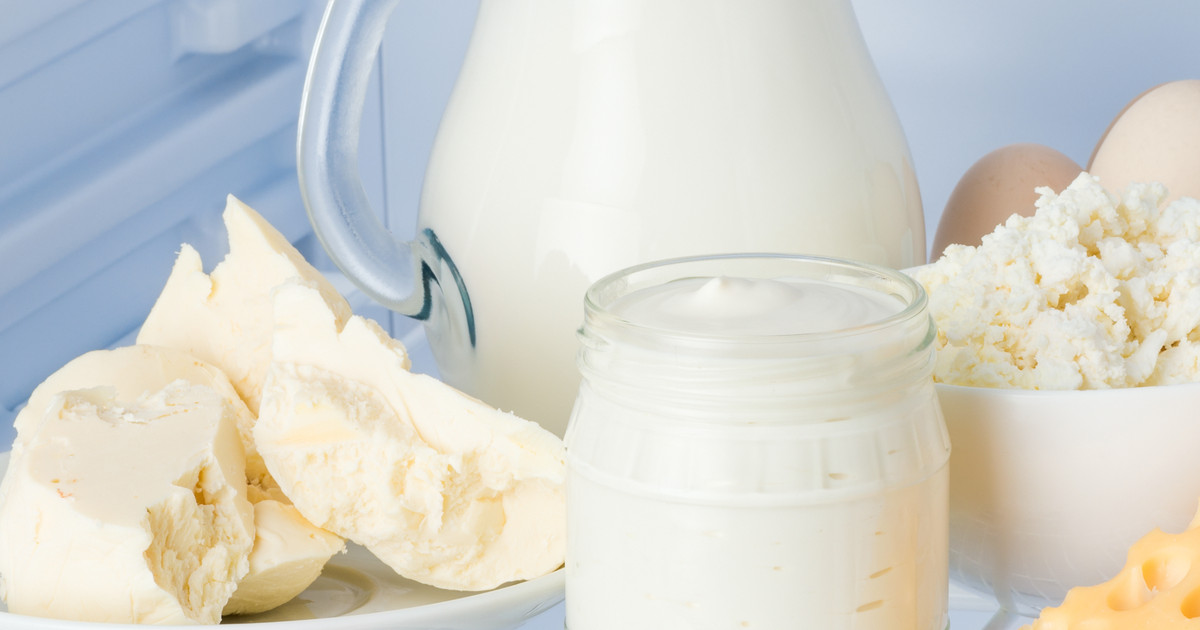Dietary Advice For Sleep Apnea Patients
Sleep apnea is a common and significant sleep disorder that causes patients to suddenly stop breathing while they are sleeping and start again. Many individuals who snore have sleep apnea. The condition can lead to fatigue even when a patient has slept for eight hours. Obstructive sleep apnea happens when an individual's throat muscles become relaxed. Central apnea happens when there is a problem with an individual's central nervous system that keeps their brain from telling their muscles to breathe.
There is a variety of ways to treat sleep apnea. CPAP for central sleep apnea seems to be quite popular. Obstructive sleep apnea remedies include these machines as well. Some individuals also want to treat sleep apnea with no CPAP machine. This is something that they have to discuss with a doctor. Sleep apnea natural remedies also include making smart choices when it comes to a diet for sleep apnea. Understanding them is key.
Unsaturated Plant-Based Oils

Many sleep apnea patients are overweight, and losing weight is often one of the first treatments recommended. Individuals who are overweight tend to have extra tissue in the back of their throats, which can collapse in their sleep and obstruct their breathing. Individuals with sleep apnea can use plant-based oils as a way of reducing the saturated fat in their diet. They are a decent substitute when a recipe calls for margarine or butter. These oils are high in unsaturated fats that add the same texture and nutritional components to an individual's diet. However, they lack the unhealthy aspects of saturated fats.
Some of the best plant-based oils to use as substitutions are olive, sunflower, safflower, flaxseed, and canola oil. There is a decent chance that individuals have some of these in their pantry already. Thus, they should already be ready to add them to meals. Individuals can use the oils as they cook dishes, or use them to add flavor and texture to salads.
Get more information on designing a diet for sleep apnea now.
Low-Fat Dairy Products

Dairy products low in fat are another great choice for sleep apnea patients. There are many benefits to eating dairy products, especially if individuals do not eat much meat. However, the fat content in dairy products can lead to issues with cholesterol and weight. If sleep apnea patients are taking in too much fat, their symptoms may worsen. Many doctors recommend switching to low-fat products instead of getting whole milk or heavy cream. They do not, however, tend to recommend cutting dairy out entirely. This is because dairy is a valuable source of calcium, vitamin D, and protein.
If individuals are cutting back on meats and other high-calorie foods, it is more vital than ever to ensure that they have enough protein in their diet. Another benefit of dairy products is that many of them increase satiation. Thus, individuals should feel fuller having coffee with milk or drinking a glass of milk with dinner than if they cut out dairy products entirely.
Continue reading to reveal more dietary advice for sleep apnea patients now.
